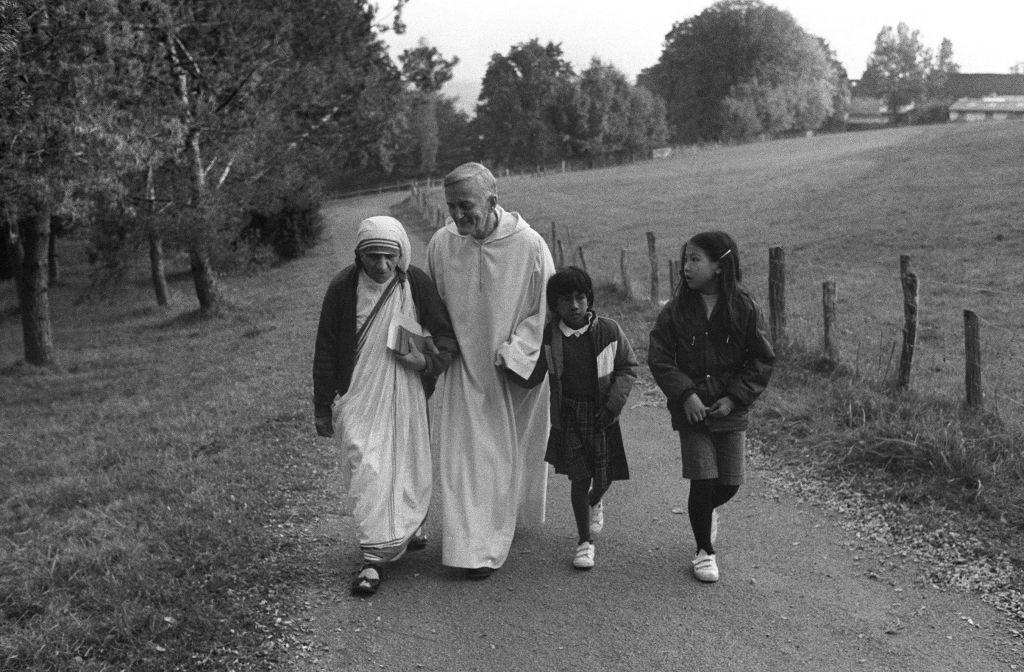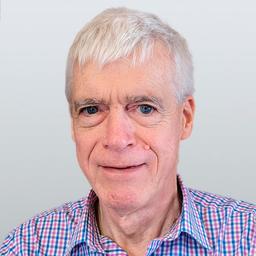“By blood, I am Albanian. By citizenship, an Indian. By faith, I am a Catholic nun. As to my calling, I belong to the world. As to my heart, I belong entirely to the Heart of Jesus.”
This modest autobiography could belong to no one other than Gonxhe Bojaxhiu, better known around the world as Mother Teresa. Long before her death in 1997 and her elevation to the status of a Catholic saint in 2016, she fascinated biographers. Malcolm Muggeridge’s BBC studio interview in London in 1968, followed by a 1969 documentary filmed in Calcutta and a 1971 book, “Something Beautiful for God,” launched what might almost be described as a Mother Teresa industry.


